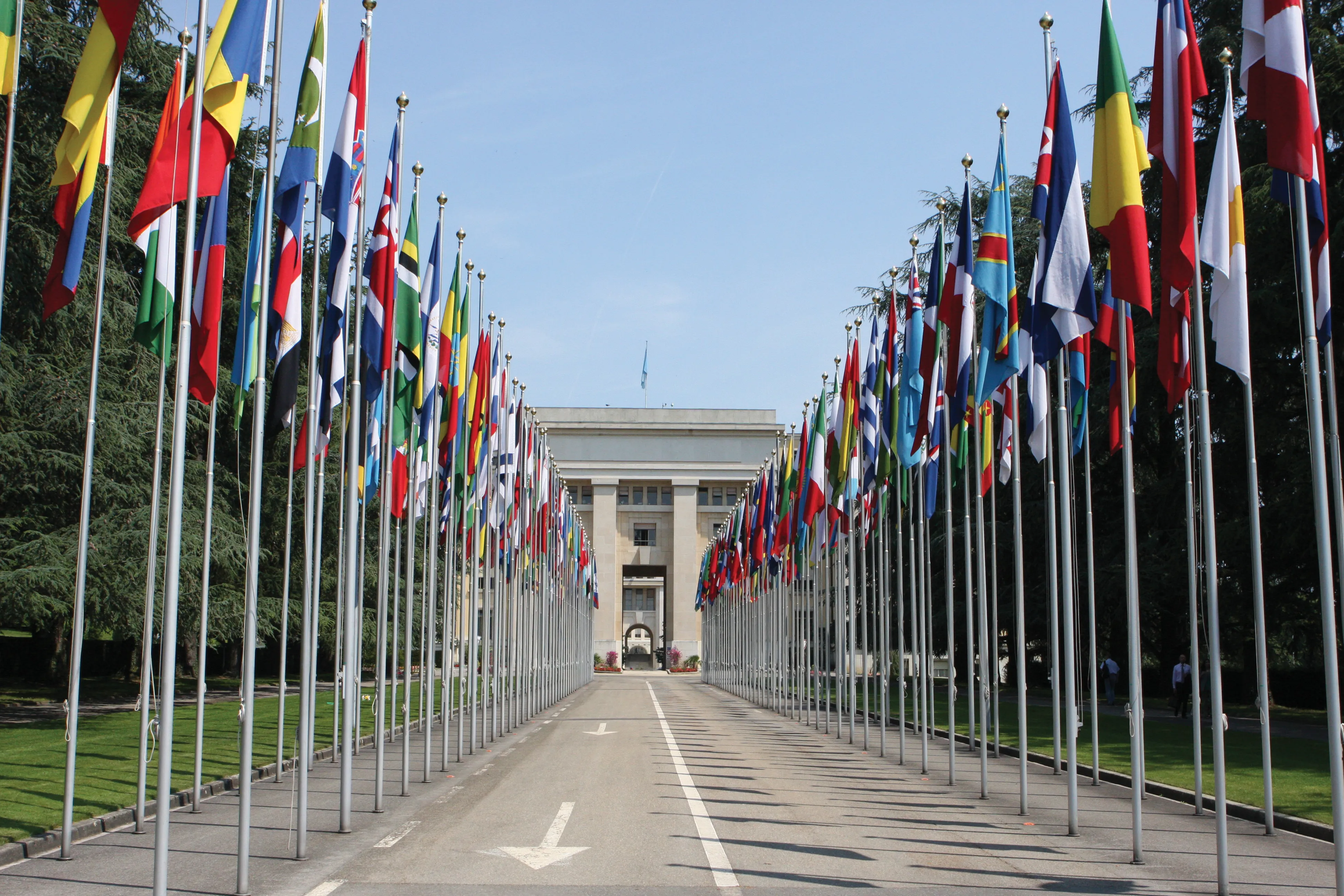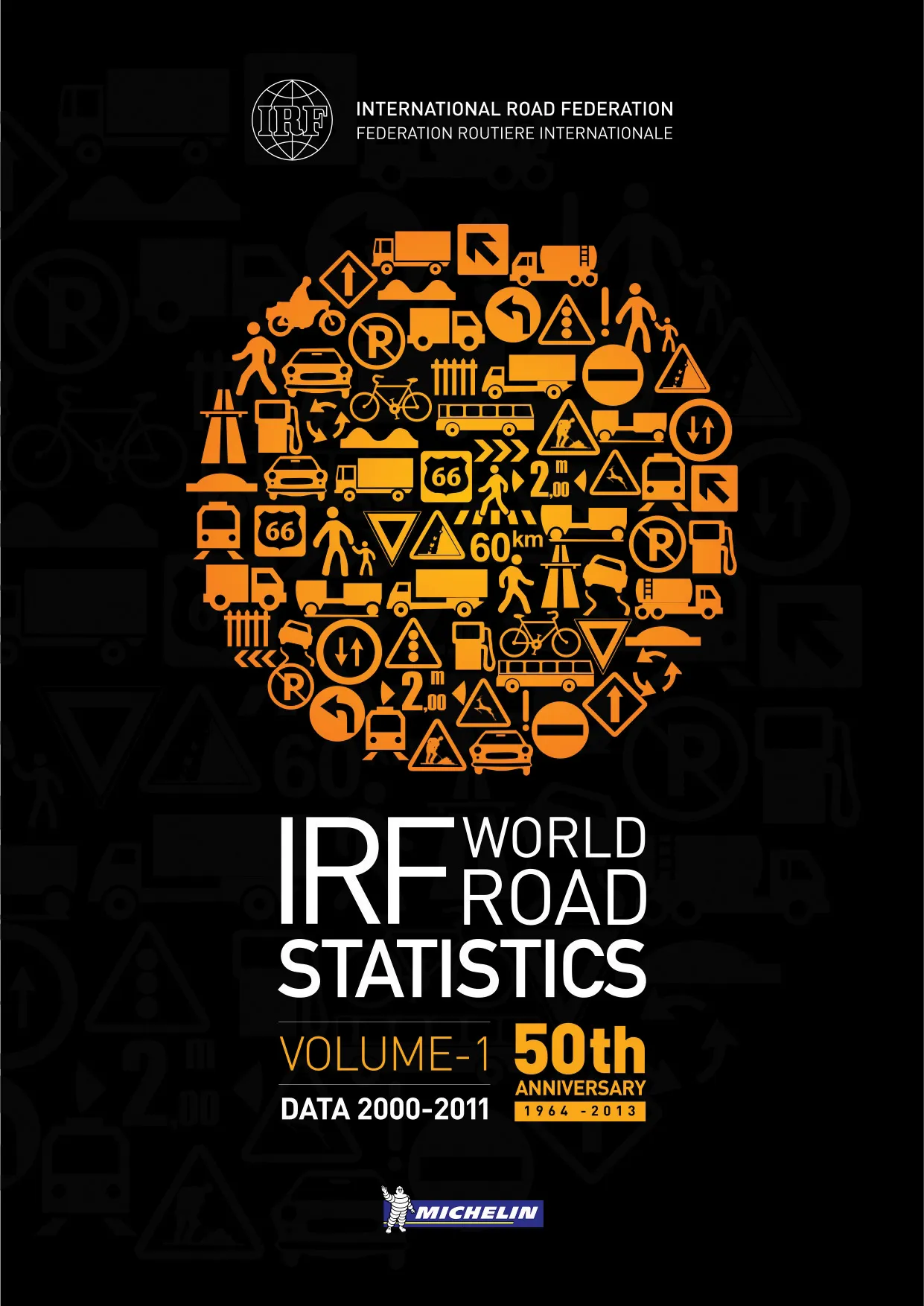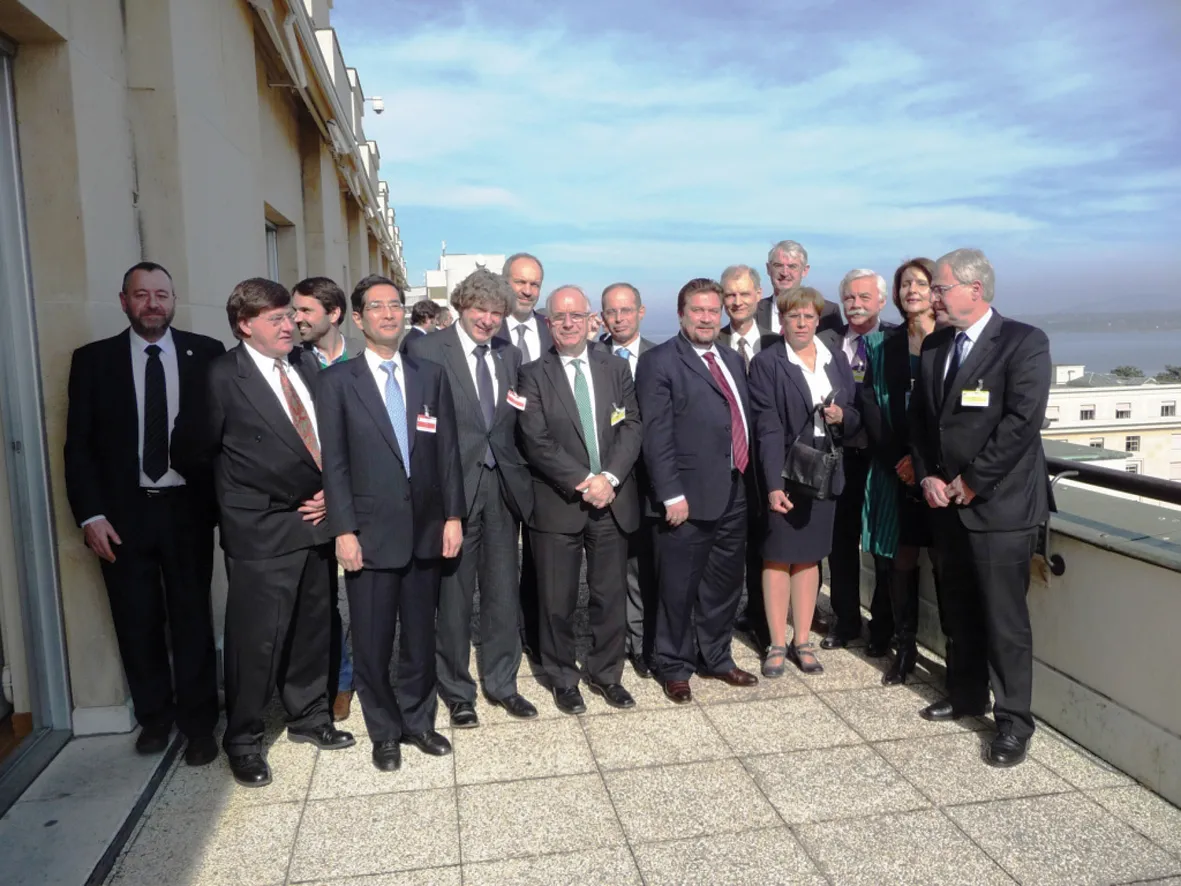Billions of dollars are invested each year in highway construction and maintenance projects across the world. Up to 5% of these funds are estimated to be lost on account of insufficient ethical and financial oversight. Highway Agencies and tendering authorities are particularly at risk. Implementing financial integrity principles stretches public budgets further and is beneficial to the relation with private sector contractors.
According to the World Bank, the most common forms of wrongdoing are collusion
June 18, 2012
Read time: 2 mins
Billions of dollars are invested each year in highway construction and maintenance projects across the world. Up to 5% of these funds are estimated to be lost on account of insufficient ethical and financial oversight. Highway Agencies and tendering authorities are particularly at risk. Implementing financial integrity principles stretches public budgets further and is beneficial to the relation with private sector contractors.
According to theEncouraging ethical project management practices has long been an important topic for the
Led by Michael Avery, an international expert in financial integrity on transportation infrastructure projects, the course will describe the extent of fraud and corruption, develop specific risk profiles and detail available internal control instruments. “There is good and bad news”, noted Michael Avery “The bad news is that fraud & corruption exist at all phases of highway development. The good news is that effective tools have now been developed to greatly reduce its impact”. The course will examine practical case studies, apply lessons learned and encourage delegates to develop organisation-level action plans.
Please take a moment to consider the impacts of unethical practices within your industry and sign up for the course by contacting Magid Elabyad at %$Linker:








